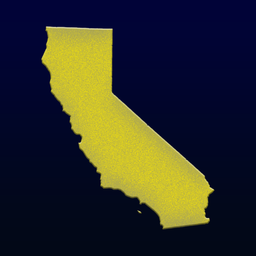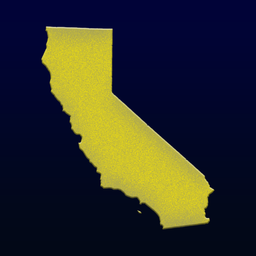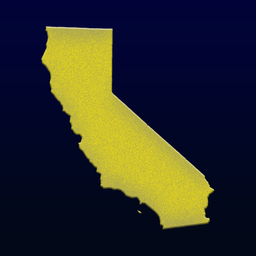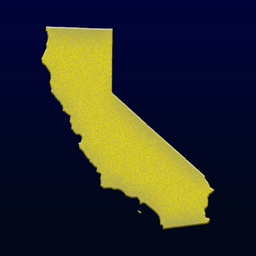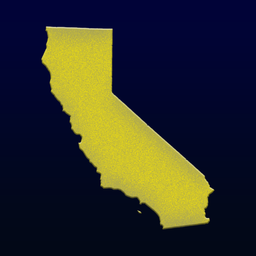Buy-one-get-one-free (BOGO) deals are a retail staple, especially during holidays and big sales events. But “free” doesn’t always mean untaxed.
Whether you’re giving away a second item or discounting it deeply, the state may require you to charge sales tax on the value of both items—depending on how the deal is structured.
Common BOGO Deal Structures
Here are the four most common ways businesses promote BOGO-style offers:
- Buy One, Get One Free
- Buy One, Get One 50% Off
- Buy Two, Get One Free
- Bundle Offers (“Get both for $20”)
Each has slightly different tax implications.
When Sales Tax Applies to the "Free" Item
If you’re selling two items for the price of one, California considers this a single sale with the price split between both items. You must collect sales tax on the combined fair market value—even if one item rings up as free.
Example:
A retailer runs a “Buy one t-shirt, get one free” deal. The t-shirts are normally $20 each. Even if the second item is listed at $0, you must still collect sales tax on $20 + $0 = $20.
That’s because the customer receives $40 worth of merchandise and pays $20—so both items are effectively being sold for half price.
When the Discount Reduces the Taxable Amount
If the second item is truly free without condition—for example, a giveaway that doesn’t require purchase—then tax is not owed on that item.
However, this is rare. Most BOGO-style offers are tied to the sale of the first item, and that makes them part of the same taxable transaction.
BOGO Tax Summary Table
| BOGO Offer Type | Tax Applied To |
|---|---|
| Buy One, Get One Free | Full value of both items |
| Buy One, Get One 50% Off | Total price paid for both items |
| Bundle Pricing (e.g. 2 for $20) | Bundle price is fully taxable |
| Free Giveaway (no purchase required) | Not taxable |
FAQs
Q: What if I separate the “free” item on a different receipt?
If it’s still conditional on buying the first item, splitting it doesn’t change the tax liability. The CDTFA looks at the economic reality, not the receipt format.
Q: Are BOGO offers taxed differently online?
No. California applies the same rules to online transactions and brick-and-mortar purchases.
Our Guides to Taxes on Discounts in California





Source and Legal Reference
This page summarizes information from:


